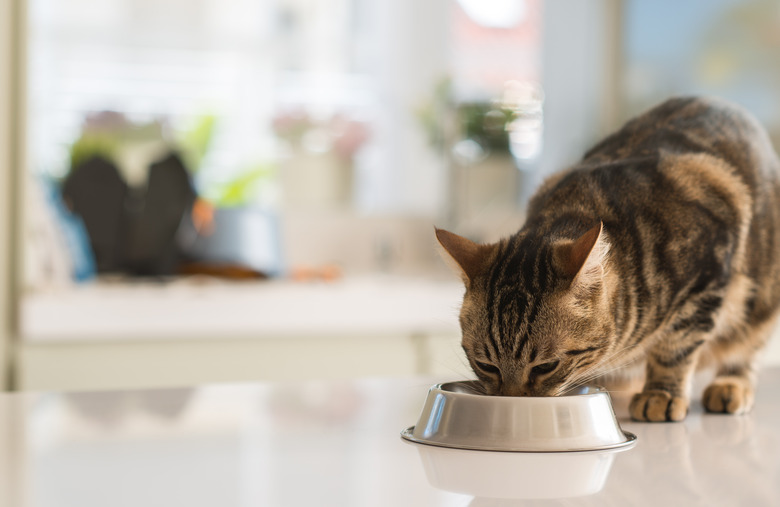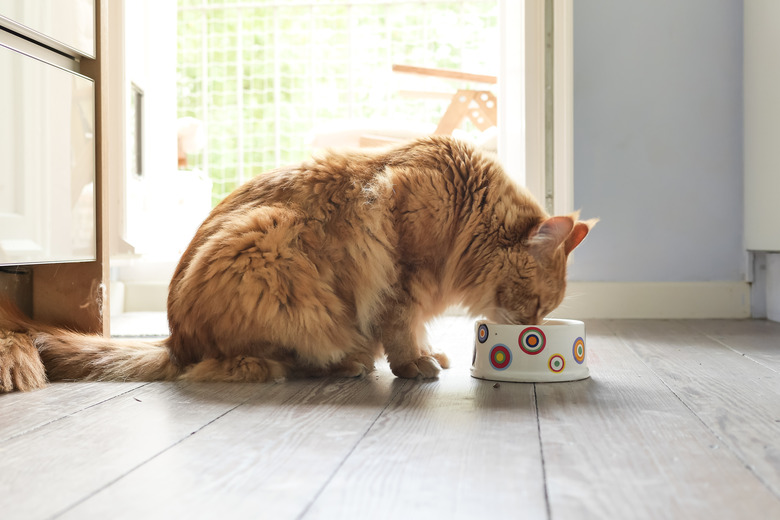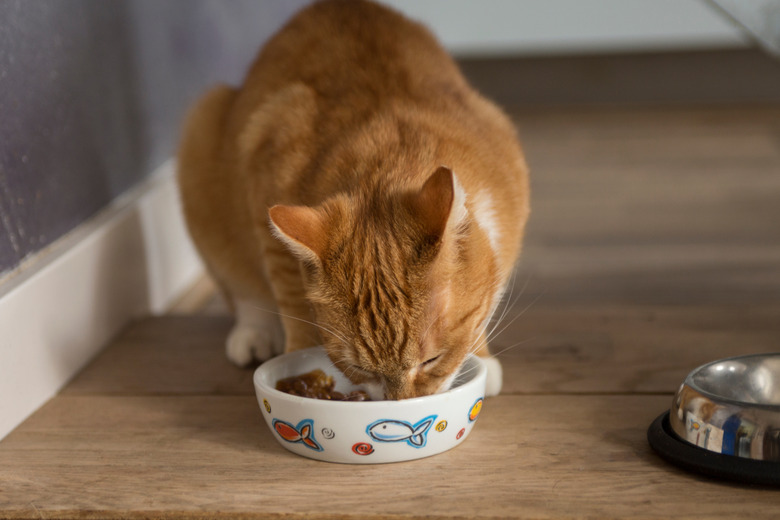Can Cats Have Shrimp?
Can cats eat shrimp? They sure can. Shrimp is a safe treat for your feline friend. There are some things to keep in mind when selecting safe shrimp. Be sure to avoid overfeeding this treat.
Can cats have shrimp?
Can cats have shrimp?
Plain, cooked shrimp is high in protein and makes a good, healthy treat for your cat. It is low in calories, so it is a good option if you want to treat your cat but are concerned about weight gain.
Shrimp meat contains several important nutrients, including vitamin B12 and vitamin D. Other nutrients include zinc, phosphorous, iodine, choline, and calcium. These nutrients can help with many aspects of health, including a healthy coat and strong bones.
Despite the high nutritional value of shrimp, it does not offer all the nutrition your cat needs to remain healthy. Consider shrimp an occasional treat, not a meal replacement option.
Can cats eat raw shrimp?
Can cats eat raw shrimp?
Eating raw shrimp is safe for cats, and many cats even prefer it. You can purchase raw shrimp from the butcher in many grocery stores or purchase frozen raw shrimp. Follow the package instructions to thaw the shrimp and feed it right away. Food-borne bacteria, such as salmonella and E. coli, can infect your cat, so be sure to follow the same safe food handling practices you would if you were preparing the shrimp for yourself.
Make sure to remove the digestive tract of the shrimp if this hasn't already been done before you purchased it. Use a paring knife or scissors to de-vein the shrimp. Cut the shell along the center of the back of the shrimp. Then, peel the black vein from the shrimp and discard it before giving it to your cat.
Can cats eat shrimp shells and tails? They can, and many cats enjoy the crunchy texture. While eating these hard parts of the shrimp can increase the risk that your cat will choke on the shrimp, this is quite unlikely. The head and legs of the shrimp are equally safe and tasty for your cat.
Are cats allergic to shrimp?
Are cats allergic to shrimp?
Although rare, some cats are allergic to shrimp. Watch for symptoms of an allergic reaction, including vomiting; diarrhea; swelling of the face, limbs, or paws; difficulty breathing; hives or other skin problems; and hair loss. If you see any of these symptoms, contact your veterinarian for treatment and cut shrimp out of your cat's diet.
Shrimp is high in cholesterol, which can increase the risk of heart problems and plaque buildup in the arteries. Be sure not to overdo it when feeding shrimp to your cat.
Can cats eat cooked shrimp?
Can cats eat cooked shrimp?
No, cats should not eat cooked shrimp. It is ok to buy raw shrimp and cook it for your cats yourself, but avoid the pre-cooked shrimp. While cooking raw shrimp or feeding shrimp raw is generally safe, avoid any pre-cooked shrimp. This is because these products typically have preservatives added and are high in sodium. High sodium poses a risk to your cat's heart health and can increase the risk that your cat will develop diabetes.
In addition, never feed shrimp cooked in butter or oil and never give seasoned shrimp to your cat, as there are many spices that aren't healthy for your cat, and some may even be toxic. For example, onions, garlic, and other members of the Allium genus are quite toxic to cats. They can cause gastrointestinal problems and damage your cat's red blood cells.
Can kittens eat shrimp?
Can kittens eat shrimp?
Yes! Kittens can eat shrimp too. Since they are smaller make sure the pieces of shrimp you are feeding your kitten is small enough to avoid choking. Follow the same safe cooking guidelines as for an adult cat and feed only fresh, raw shrimp that you cooked yourself and prepared properly. It's probably wise to avoid feeding the shells and tails to a kitten since their mouth might be more sensitive to the sharp edges of the crunchy bits.
The bottom line
The bottom line
Cats can eat fresh, raw shrimp. They can also eat fresh, raw shrimp that you cook yourself. But you should not feed your cats pre-cooked shrimp with salt and preservatives. Be aware that although it is rare, some cats are allergic to shrimp. When feeding shrimp to cats, prepare it properly first by peeling and de-veining the shrimp before giving it to them. Cut the shrimp into manageable pieces to avoid any choking hazard.


